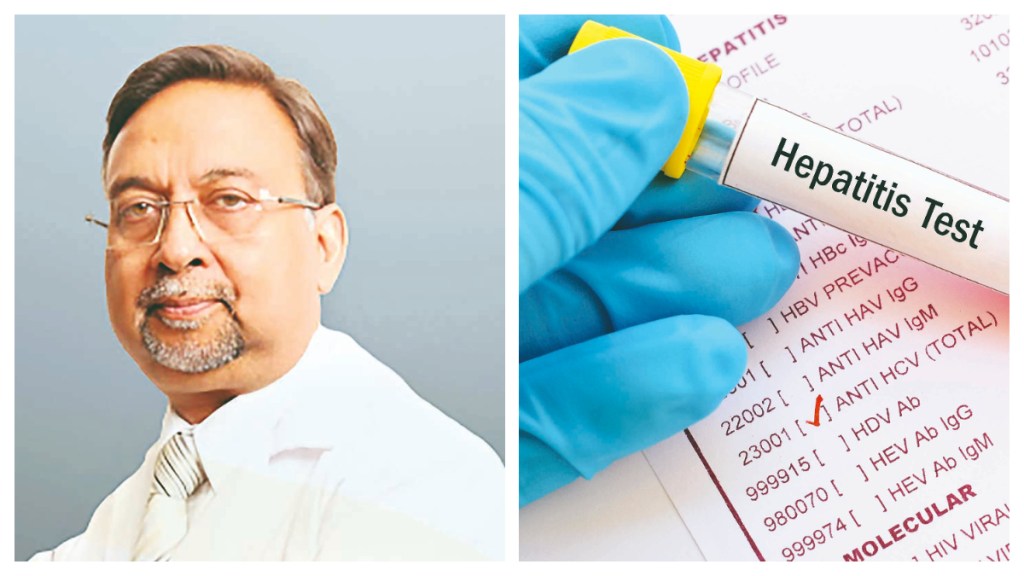With the onset of monsoon, the risk of waterborne diseases, including hepatitis A and B, increases due to potential contamination of water sources. Should people opt for hepatitis vaccines during monsoon? Dr Rakesh Gupta, senior consultant, internal medicine, Indraprastha Apollo Hospitals, says: “Vaccination against hepatitis A and B is highly recommended, especially during this season, as these vaccines provide effective protection against liver infections that can lead to jaundice and other complications.
Hepatitis A is commonly spread through contaminated food and water, while hepatitis B is transmitted via blood and bodily fluids, but both can be prevented with timely vaccination. Individuals at higher risk—such as those with chronic liver disease, healthcare workers, travelers to endemic areas, and people with compromised immunity—should prioritise vaccination. Since outbreaks are more common during the monsoon, opting for hepatitis vaccines is a proactive step to safeguard health, particularly for vulnerable groups and those living in areas with poor sanitation.”
How long is the hepatitis vaccine effective?
The hepatitis B vaccine provides long-term, often lifetime, protection after the full vaccination series is completed. Studies have demonstrated that immune memory persists for decades, and most guidelines no longer recommend booster doses for immunocompetent individuals. For hepatitis A, two doses confer protection that can last at least two to three decades, and potentially for life, according to recent research and expert consensus. The hepatitis A vaccine is highly effective at preventing infection, and once the full course is received, the likelihood of contracting the virus in the future is extremely low.
Thus, both hepatitis A and B vaccines offer long-lasting immunity, making them a reliable preventive measure against these infections.
What are the basic precautions for jaundice?
Jaundice, characterised by yellowing of the skin and eyes, is often a symptom of underlying liver dysfunction, commonly caused by hepatitis viruses. Basic precautions include maintaining good personal hygiene, such as frequent handwashing, especially before eating and after using the toilet, to prevent hepatitis A transmission. Drinking safe, purified water and consuming well-cooked food are essential to avoid waterborne and foodborne infections. Avoiding alcohol, certain medications, and toxins that can stress the liver is also important. For hepatitis B, avoiding contact with infected blood or bodily fluids, practicing safe sex, and not sharing needles or personal items like razors can reduce risk. Early medical consultation for symptoms of jaundice and adherence to prescribed treatment are vital to prevent complications. Vaccination remains the most effective preventive strategy for hepatitis-related jaundice.
Are people with existing liver disease more susceptible?
Individuals with pre-existing liver disease are indeed more susceptible to severe complications if they contract hepatitis A or B. Chronic liver disease compromises the liver’s ability to recover from additional infections, increasing the risk of acute liver failure and other life-threatening outcomes. For these individuals, hepatitis A and B infections can be particularly dangerous, making vaccination crucial. The Centers for Disease Control and Prevention and other health authorities strongly recommend hepatitis vaccination for people with chronic liver conditions, as it significantly reduces the risk of further liver damage and associated complications. In addition to vaccination, these individuals should be vigilant about hygiene, avoid exposure to potential sources of infection, and maintain regular follow-ups with healthcare providers to monitor liver health.


